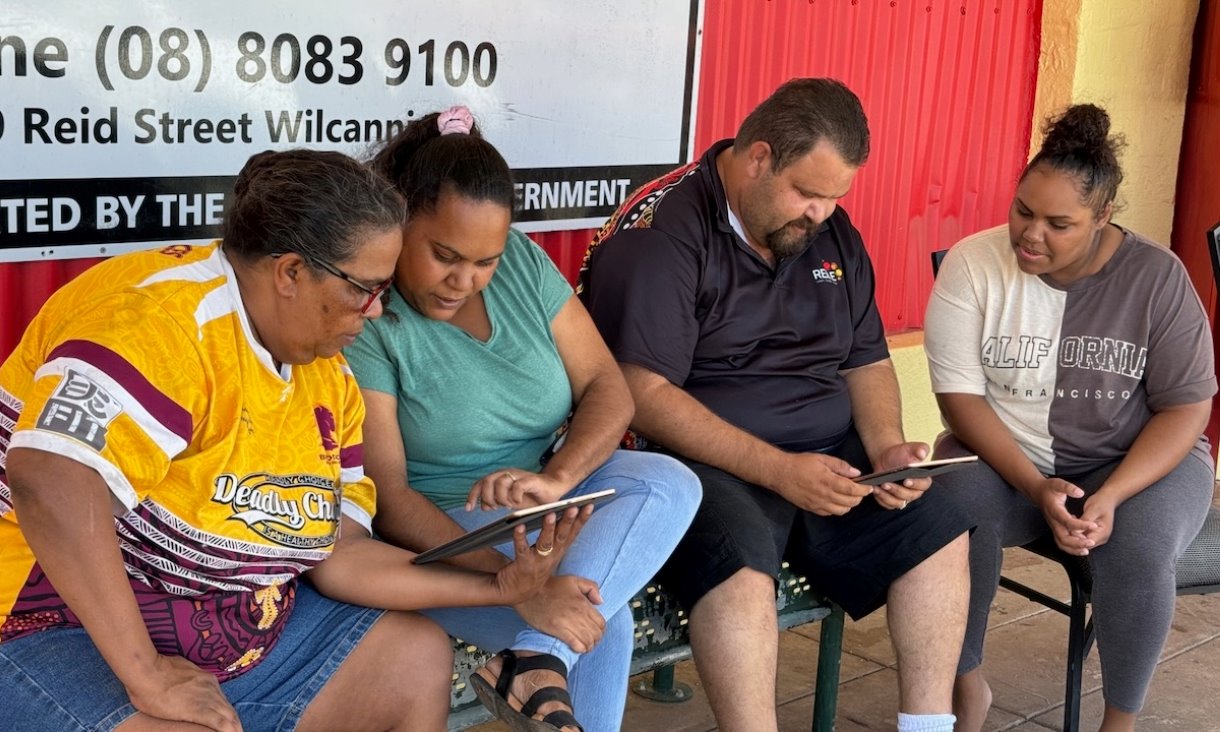The new-look Bachelor of Business programs have been aligned with industry needs and the future of work, specifically designed to give students and working professionals transferable skills and a sound business technology understanding, that will help prepare them for the roles of the future, some of which are yet to be created.
Designed to go beyond the traditional business degree, the new programs take a career-focused approach centred around industry and experiential learning, rather than exams and lectures.
Developed by RMIT’s College of Business and Law and featuring industry partnerships with Amazon Web Services (AWS), Adobe, Australian Red Cross, and Medibank, the program offers anyone considering a business degree with the flexibility to choose from either an entirely online offering via RMIT Online, or to undertake an on-campus/blended delivery option.
The on-campus option is suited to school leavers and recent high school graduates, offering students total flexibility to choose from a suite of 15 majors and 35 minors in order to specialise in a chosen field, or to broaden knowledge across a range of fields.
Study areas available prepare students for emerging and hybrid roles in the labour market and across industries, including a new undergraduate major in social impact – the first of its kind offered by any Australian university.
RMIT Online’s Bachelor of Business option, designed for working professionals, will provide knowledge of business fundamentals and address gaps in their current working experience to bolster their employability and confidence as the nature of work continues to shift.
The decision to expand RMIT offerings in the online undergraduate space represents a strategic move from the University to prioritise flexible learning models amid significant disruption.
Deputy Vice-Chancellor (Business and Law) and Vice-President Professor Julie Cogin said the new model would prepare future business leaders for career success.
“We’ve revitalised our whole suite of undergraduate programs to provide greater choice for students, and flexible delivery options.
"Instead of exams, we have built industry projects into our courses and offer unique ways for students to engage with business, government and the wider community," Cogin said.





